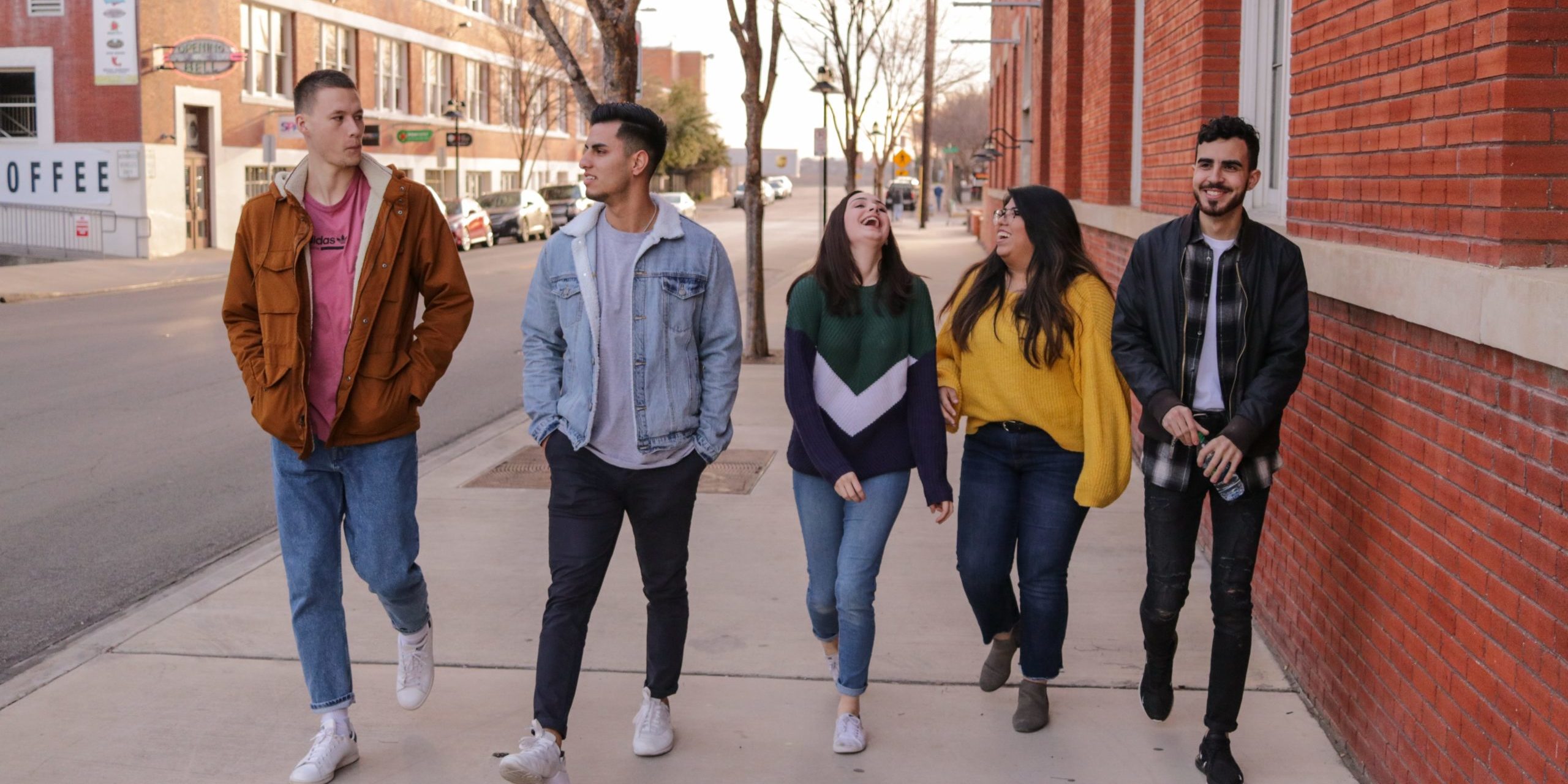Last month I started my internship with Alliance for a Better Utah. On my first day, I walked up the steps to the Utah State Capitol wide-eyed and eager to see politics in action. I was first stunned by the intricate details of the rotunda, but now I’m more intrigued by what’s happening on the inside. I’d always understood our democracy as an inviting system that welcomes public participation, but I’m quickly learning that citizens actually need a good amount of financial security and social capital to have a real influence on the Hill. Like many institutions in our society, the political system unjustly caters to the upper class.
The first place I noticed this was the Utah Code, which is way more complex than I ever expected. Its technical language makes it nearly impossible to understand, and I often end up with a headache when I read it for too long. Without legal experience and background information of the current Code, most citizens can’t fully understand the implications of individual bills. It’s also tough to determine what stage a bill is at, which makes it difficult to voice support or opposition.
If someone is able to decipher the bill, is able to figure out when it’ll be addressed, and wants to share their opinion on it, the Capitol itself becomes a problem. The Capitol campus is much bigger than it seems and can be tricky to navigate. I’m lucky to have directors to point me to the right rooms, but I’ve still gotten lost more than once. The atmosphere there can be intimidating too because of the professional dress code and unfamiliar political jargon. Utahns who don’t have much education, money, or social support to help them might especially struggle to fit in on the Hill. These factors layer on each other to keep out entire groups of underprivileged people.
When people are able to work through all of those barriers, they still need a certain amount of job security to get involved. Utahns are hardworking people– they have jobs, families, and other responsibilities that occupy their time during normal business hours, which is when the Legislature meets. This means that most people don’t have the time to consistently attend the session besides paid lobbyists, advocates, or people who can otherwise afford to get involved. With all the action happening during the workday, it’s no wonder the crowd at the Capitol isn’t representative of the average constituent.
My takeaway from the past few weeks is that the political scene in this country is a bit of a paradox. Technically, any person can come to lobby representatives or weigh in at committee hearings. But realistically, most people don’t have the knowledge, time, or professional skills to speak up. These hurdles ultimately keep entire groups out of the very conversations that are most relevant to them. This exposure is teaching me that the privilege so commonly found in politicians is also present in the lobbyists, lawyers, and interns like me. Our political system has serious barriers that silence diverse voices, and those barriers threaten our core values of equality and liberty.
Each of us has a civic duty to invite more people into the democratic process. We should invite and inform our friends to participate in whatever way they can—even if it just means staying informed. As good citizens, it’s our responsibility to reduce the systemic barriers that keep people on the outside of politics. Because until Utah is truly run of the people and by the people, it cannot fully be for the people.
This legislative session, let us help you overcome some of the barriers to entry so you can get involved! Check out our bill tracker here and our legislative progress report here. Contact your representatives here and if you can, go talk to them in person. And while you’re at it, come say hi to us, too!
Mackenzie Heim is a legislative intern for Alliance for a Better Utah.

